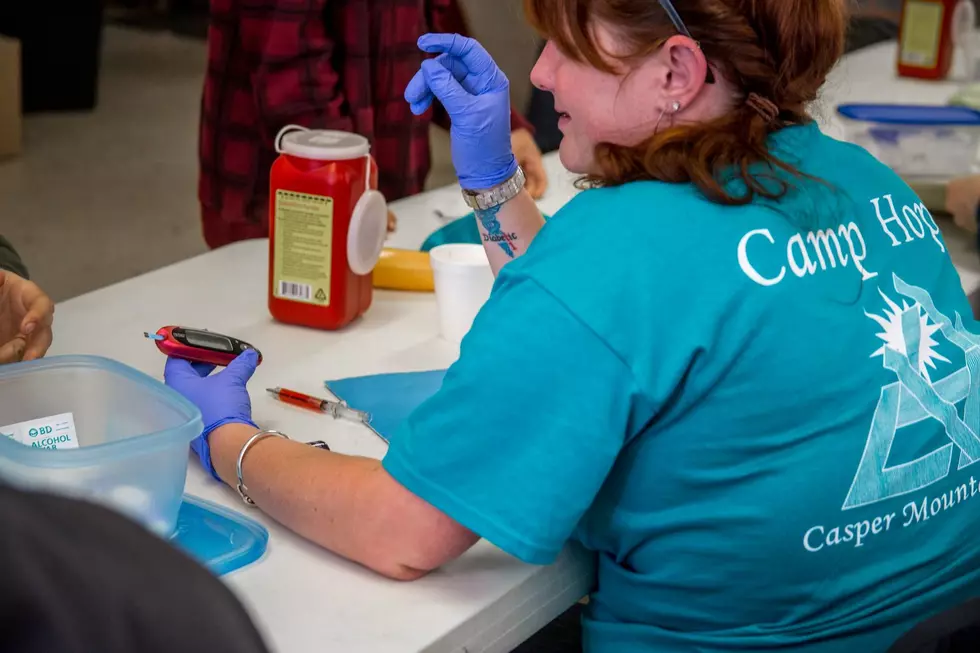
The American Diabetes Association Is Helping You Care for Yourself
Today, Tuesday, March 24th, is The American Diabetes Association Alert Day.
This is an annual event happening the fourth Tuesday in March. This wake up call is to get Americans to take the Diabetes Risk Test and find out if you may be at risk for developing Type 2 Diabetes.
Visit diabetes.org/alert from March 24th through April 21st to take the free Diabetes Risk Test.
Why should someone consider taking the risk assessment?
The Diabetes Risk Test is a tool that asks simple questions about a person’s weight, age, family history and other potential risk factors for prediabetes or Type 2 Diabetes. Tips for diabetes prevention are available for everyone who takes the test. The tool also advises people with high risk to talk to their health care provider, improve their eating habits, and be active.
The American Diabetes Association web page states that their organization “funds research to prevent, cure and manage diabetes; delivers services to hundreds of communities; provides objective and credible information; and gives voice to those denied their rights because of diabetes.” This year, they are celebrating their 75th anniversary. “Their mission is to prevent and cure diabetes and to improve the lives of all people affected by diabetes.” To obtain more information from the American Diabetes Association, please visit http://www.diabetes.org or call 1-800-DIABETES (1-800-342-2383)
Here's more information about diabetes and who is more likely to be susceptible to the disease.
In 2012, the American Diabetes Association estimated that more than 29 million people in the United States have diabetes, representing 9.3% of all Americans, as well as 26% of all seniors age 65 and older. Of the 29 million with diabetes, 21 million were diagnosed, but 8.1 million people do not even know they have the disease. In addition another 86 million people, age 20 and older, have prediabetes. Approximately 1.7 million new cases of diabetes are diagnosed every year. Diabetes remains the seventh leading cause of death in the United States. Not all forms of diabetes are treated the same; however, all forms of diabetes may have very serious health consequences if not treated.
Diabetes is a disorder that results in a high blood sugar level called hyperglycemia. Insulin is a hormone produced by the pancreas that allows cells in our body to take in glucose (sugar) from the foods we eat and convert it to energy. When the cells of the pancreas do not produce enough insulin, or other conditions cause the body’s cells to ignore the insulin, sugar builds up in our bloodstream and causes high blood sugar. The result is diabetes, and poorly-controlled or uncontrolled levels of high blood sugar are the cause of the serious complications of diabetes. Various forms of diabetes (Type 1, gestational, Type 2, and prediabetes) are described below, and LabCorp has testing available to aid in the diagnosis and monitoring the disease.
More From 107.9 Jack FM
![Would Wyomingites Suffering From Diabetes Get This Color Changing Tattoo? [VIDEO, POLL]](http://townsquare.media/site/147/files/2017/11/Diabetes_Tatoo.png?w=980&q=75)
![Grandma With Type 1 Diabetes Cycles Across Wyoming [Videos]](http://townsquare.media/site/98/files/2017/07/TracyHerbert.jpg?w=980&q=75)


![VFW Post 9439 In Casper Hosting Charity Breakfast on Sunday [VIDEO]](http://townsquare.media/site/103/files/2012/05/1078784731.jpg?w=980&q=75)
